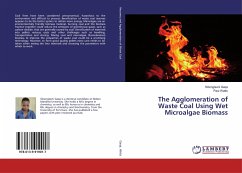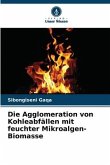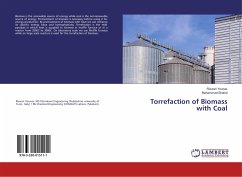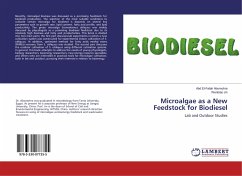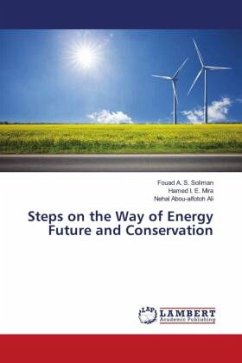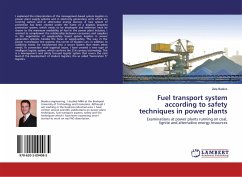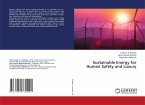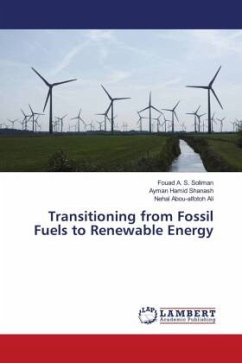Coal fines have been considered uneconomical, hazardous to the environment and difficult to process. Beneficiation of waste coal reserves appears to be the better option to obtain more energy. Microalgae are an environmentally friendly biomass material, burning coal and the biomass fraction together could reduce the emissions of greenhouse gases, such as carbon dioxide, that are generally caused by coal. Densification of materials into pellets reduces costs and other challenges such as handling, transportation and storing. Mixing coal and microalgae (Scenedesmus) biomass to improve the properties of waste coal could be a promising technology. However, to form good quality pellets extra care needs to be taken when mixing the two materials and choosing the parameters with which to work.
Bitte wählen Sie Ihr Anliegen aus.
Rechnungen
Retourenschein anfordern
Bestellstatus
Storno

